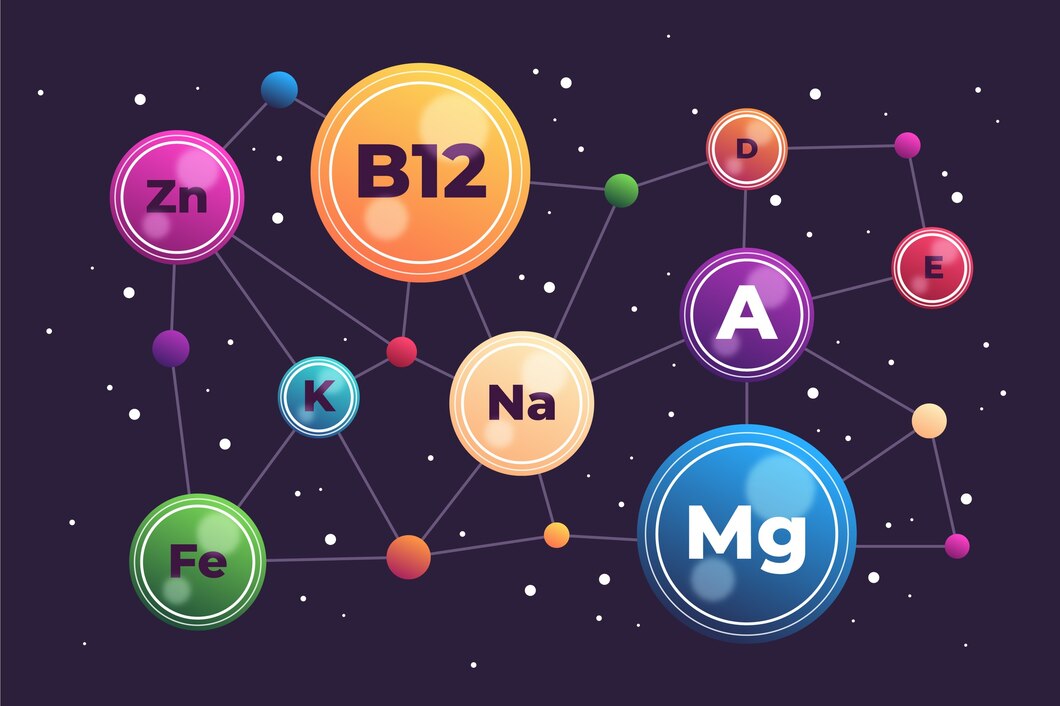Vitamin B12, also known as cobalamin, is vital for numerous physiological processes, particularly in energy metabolism. This article delves into the multifaceted role of vitamin B12 in facilitating energy production and maintaining overall health.
Introduction to Vitamin B12
-
Definition and Sources:
Vitamin B12 is a water-soluble vitamin found naturally in animal products such as meat, fish, dairy, and eggs. It is also available in fortified cereals and supplements for those with dietary restrictions or absorption issues.
-
Functions in Energy Production:
Vitamin B12 plays a crucial role in converting carbohydrates into glucose, which the body uses for energy. It is also involved in the metabolism of fats and proteins, essential for cellular energy production.
Importance in Cellular Metabolism
-
Mitochondrial Function:
Vitamin B12 supports mitochondrial function, where energy is produced within cells. It helps convert methylmalonyl-CoA to succinyl-CoA, a process vital for the synthesis of ATP, the body's primary energy currency.
-
Red Blood Cell Production:
Vitamin B12 is necessary for the synthesis of hemoglobin, the protein in red blood cells that carries oxygen throughout the body. Adequate oxygenation is crucial for energy metabolism and overall cellular function.
Consequences of Deficiency
-
Symptoms and Health Implications:
A deficiency in vitamin B12 can lead to fatigue, weakness, and neurological symptoms such as tingling or numbness in the extremities. Prolonged deficiency can cause megaloblastic anemia and impair nerve function.
-
Risk Factors and Prevention:
Individuals at risk of vitamin B12 deficiency include vegetarians, vegans, older adults, and those with gastrointestinal disorders that affect nutrient absorption. Regular consumption of vitamin B12-rich foods or supplements is essential for prevention.
Vitamin B12 is indispensable for energy production and overall vitality, influencing cellular metabolism and red blood cell function. Incorporating adequate amounts of vitamin B12 into your diet or through supplementation supports energy metabolism and enhances overall health.




